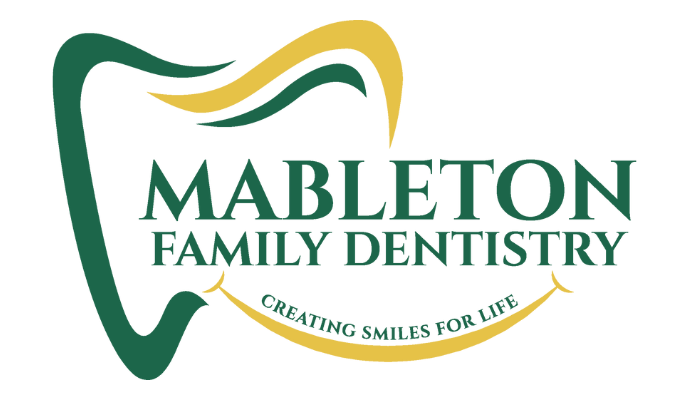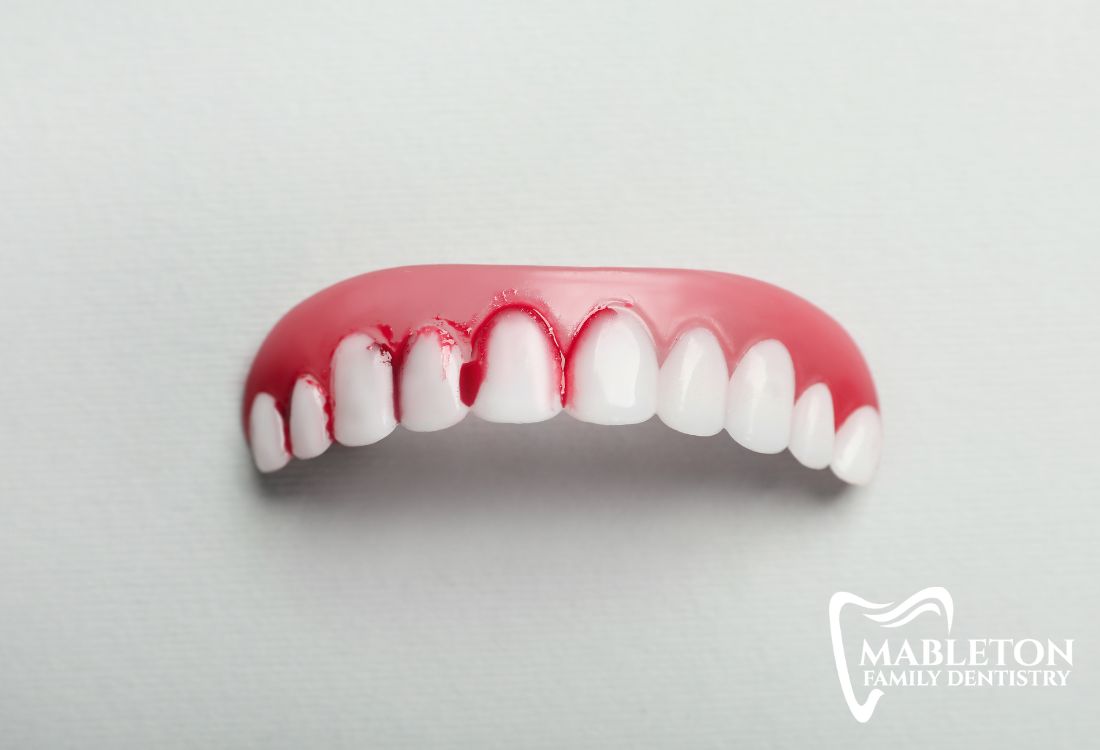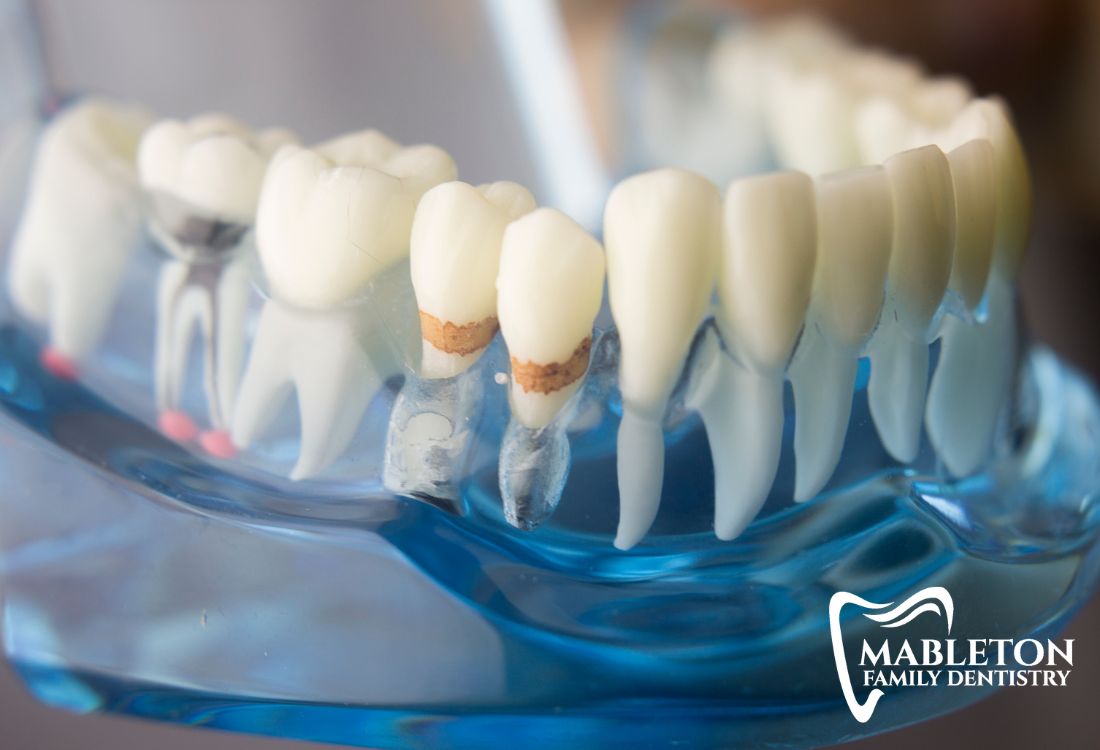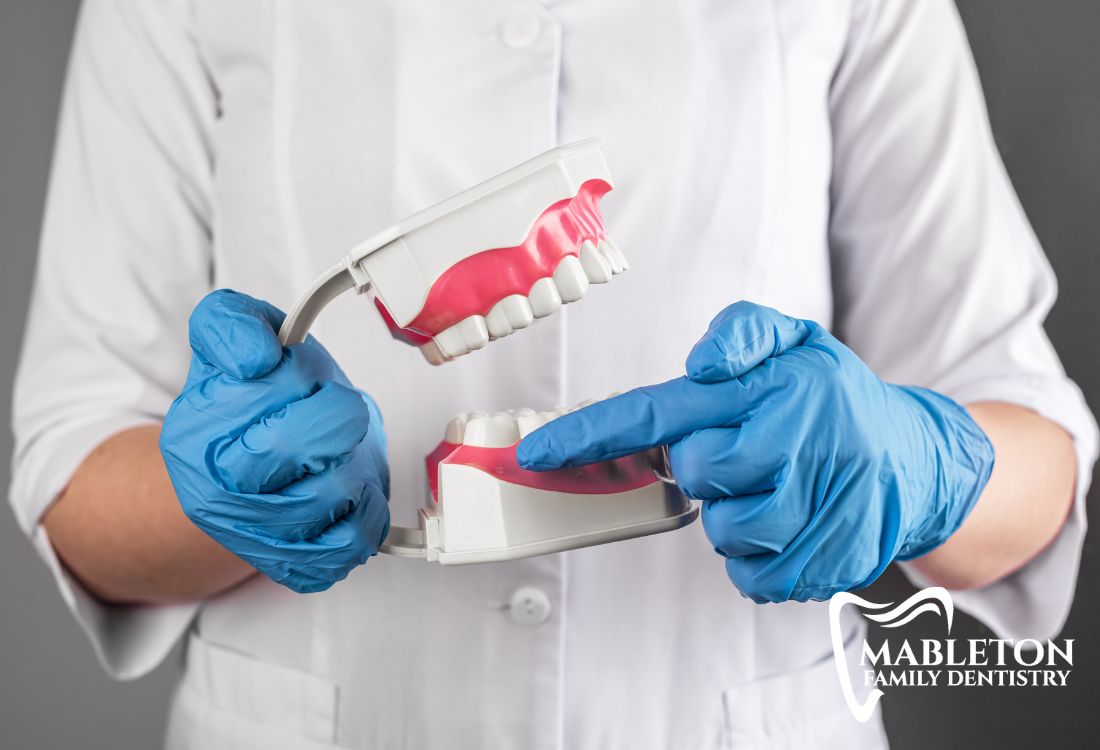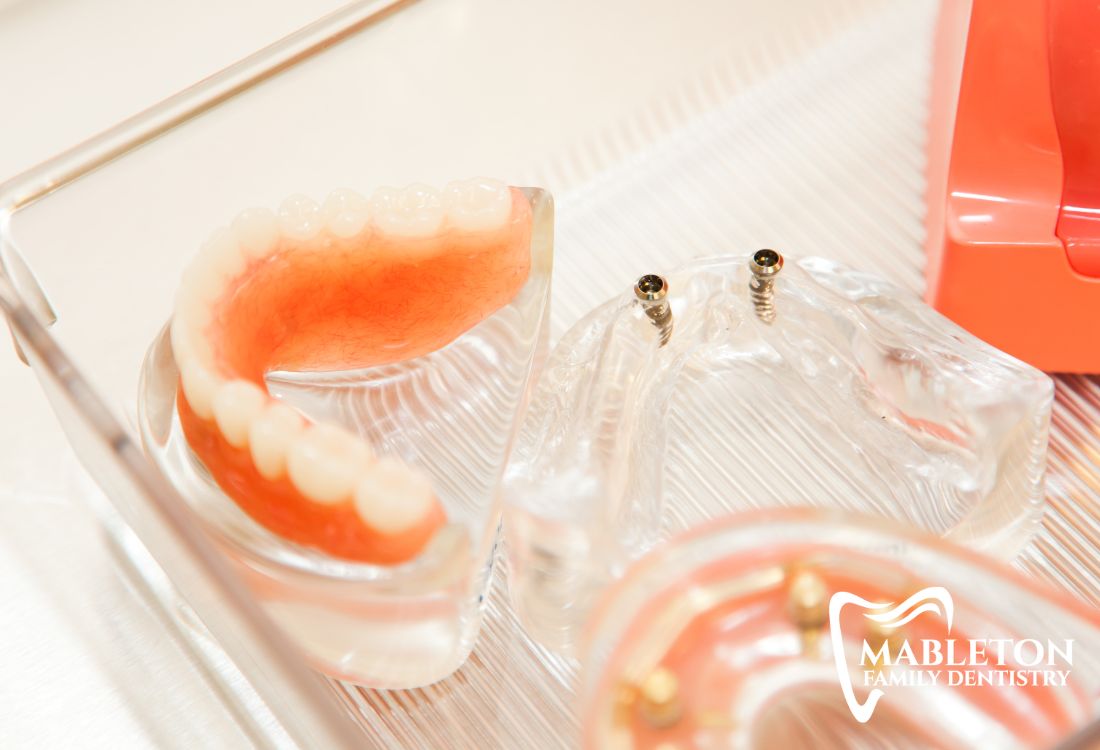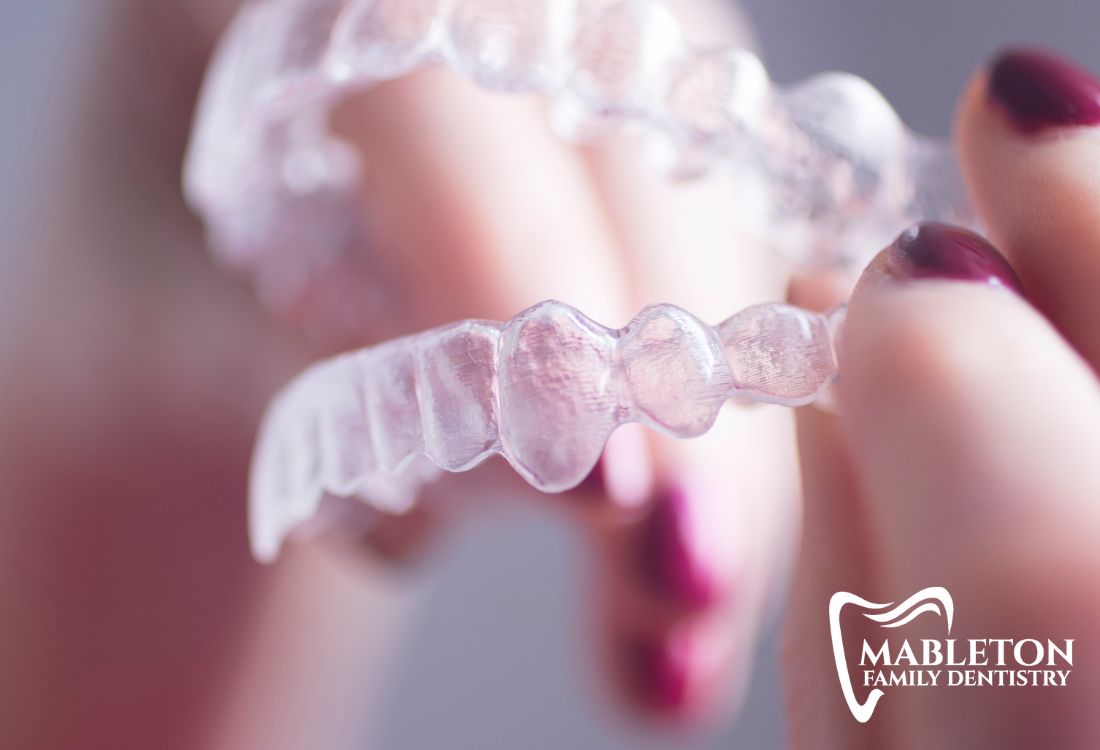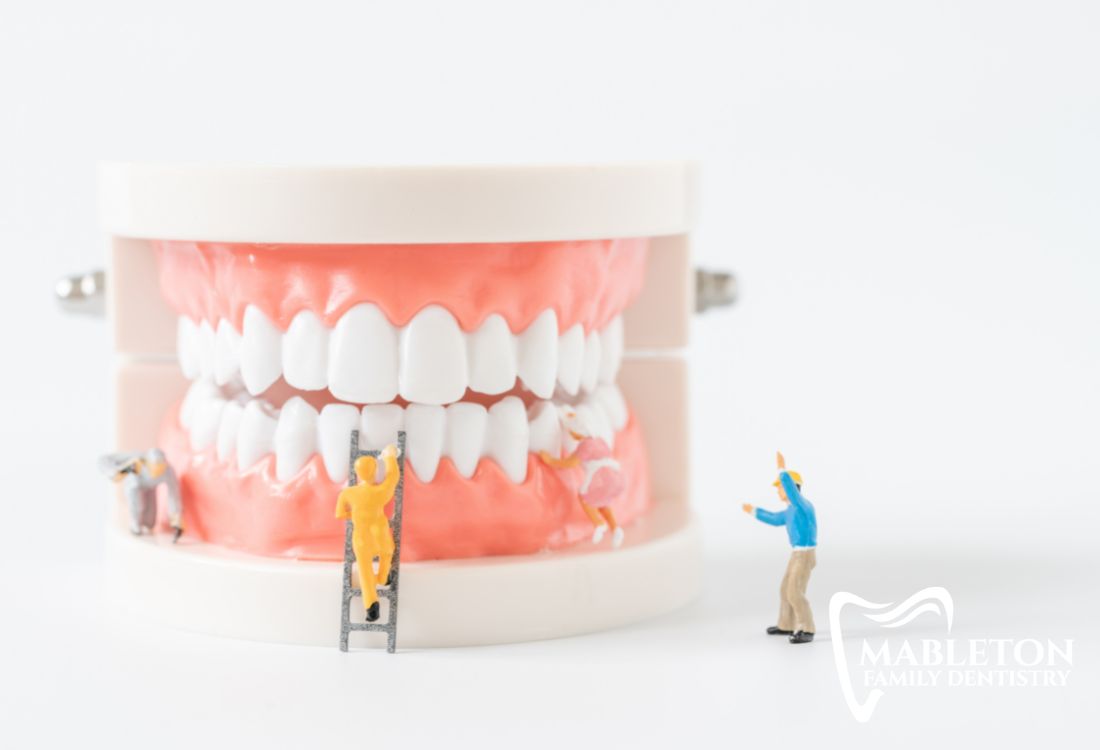Preventing Bleeding Gums
Keep Your Gums Healthy: Tips to Prevent Bleeding Gums
Healthy gums are crucial for maintaining good oral health. They keep your teeth firmly in place, protect them from harmful bacteria, and help prevent bad breath. Bleeding gums can be a sign of a more severe underlying issue, so it’s essential to take preventive measures to keep them healthy. If you are in Mableton, Georgia, and looking for a dentist who can help you care for your gums, you’ve come to the right place. In this post, we will discuss some tips that can help you with preventing bleeding gums and ensure that your gums are healthy.
Brush and Floss Regularly
The best way to prevent gum disease is to practice good oral hygiene. Brushing at least twice a day and flossing once a day can remove plaque and prevent it from building up on your teeth and gums. Make sure to use a toothbrush with soft bristles and ADA-approved toothpaste. Replace your toothbrush every three to four months, or when the bristles become frayed.
Use Mouthwash
Rinsing with an antibacterial mouthwash after brushing and flossing can help kill harmful bacteria and freshen your breath. Choose a mouthwash that is alcohol-free and has a seal of acceptance from the American Dental Association (ADA).
Eat a Balanced Diet
A balanced diet that is high in fruits, vegetables, and whole grains can provide your body with the vitamins and minerals it needs to keep your gums healthy. Avoid sugary and acidic foods and drinks, which can cause tooth decay and gum disease.
Quit Smoking
Smoking is not only harmful to your overall health, but it can also increase your risk of gum disease. Nicotine and tobacco can cause inflammation and reduce blood flow to your gums, making them more susceptible to infections.
Schedule Regular Dental Checkups
Regular teeth cleanings can help detect early signs of gum disease and prevent it from progressing. Your dentist can recommend the best oral hygiene practices for your unique oral health needs. Taking care of your gums is an essential part of maintaining good oral health. Practicing good oral hygiene, eating a balanced diet, and making healthier lifestyle choices, such as quitting smoking, can help prevent bleeding gums and gum disease. If you live in Mableton, Georgia, and are looking for a dentist to help you care for your gums, we are here to help. At Mableton Family Dentistry, our team can provide you with the care and advice you need to keep your gums healthy. Contact us today to schedule an appointment.
